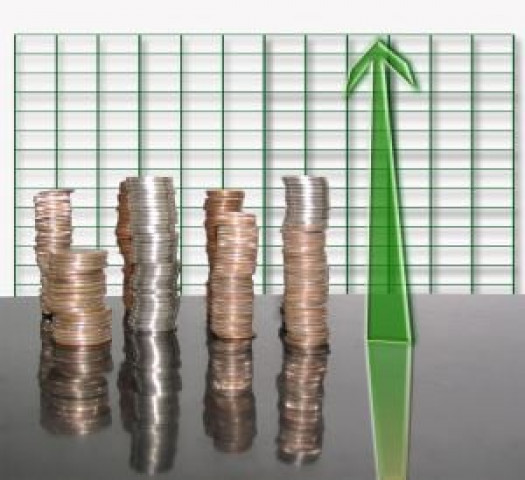Trade policy: ECC to discuss cut in import tariffs
FBR, ministries of commerce, industries against the proposal.

As the battle to liberalise the trade regime intensifies, the country’s top economic decision-making body will discuss a report today (Tuesday) that calls for an end to the protectionist regime by reducing taxes on imports and providing equal treatment to all players in the market.
The Economic Coordination Committee (ECC) of the cabinet will discuss on Tuesday Garry Pursell’s report titled “Pakistan’s Trade Policies: Future Directions.” The report calls for abolition of the import licensing system besides reducing import tariffs to as low as ten per cent. The other two co-authors of the report are Ashraf Khan and Saad Gulzar.
Sources say that the Planning Commission favours the report’s recommendation, but all other stakeholders, namely the ministry of commerce, the ministry of industries, the Federal Board of Revenue (FBR) and the National Tariff Commission (NTC), have opposed the plan to restructure the country’s trade regime. The ECC took up the case in the past and left the debate open-ended after failing to reach a consensus.
The ECC is likely to struggle to find a middle ground, as the Planning Commission now says that the “workable” recommendations may be approved first while the ministry of commerce insists that another detailed study should be conducted before reaching any final decision, a senior government functionary said on condition of anonymity.
The study has found that after carrying out trade reforms from 1997 to 2003, Pakistan reversed most initiatives between 2003 and 2007. It has suggested that at least trade tariffs should be taken back to the level of 2002-03.
“There are now at least nine standard normal tariffs ranging from zero to 50 per cent compared to only four normal standards ranging from five to 25 per cent in 2002-03,” the report said. It has also suggested pre-announcing tariff cuts to a general maximum level of ten per cent. It has proposed that the government should bring all tariffs to ad valorem rate of ten per cent.
Moreover, it says that the input tariff exemption programmes disproportionately benefit established exporters and discriminate against small and new exporters. It has also proposed uniformity of tariffs, as the government, it says, is discriminating against commercial importers while giving specific benefits to industrial importers.
The study says that Pakistan’s tariff structure is complicated because of a large number of exemptions and partial exemptions, which are extended through Statutory Regulatory Ordinances (SROs). These exemptions are group or company specific, it says.
The study says that the auto sector is protected through special statutory regimes. In the textile sector where the effective rates are 100 per cent, the study has recommended reducing them to 10 per cent.
The FBR has opposed the implementation of the recommendations, saying that the “tariff rationalisation cannot be a one-step process.”
It said that the revenue aspect was not considered while writing this report. “The recommendations relating to the downward revision of the maximum tariff slab to 10 per cent would have serious revenue implications,” it said.
The ministry of industries, an important player in the auto sector protection, has also opposed the study recommendations. “Under the existing scheme, a majority of imports is subject to lower rates in the range of zero to 25 per cent. Lowering tariffs besides minimising tax revenues would hurt the local industry,” it said.
The NTC also gave strong comments against the report. It opposed the recommendation about the elimination of cascade tariffs, saying they encouraged the production of value-added products and had been used as an instrument of tariff policy by many countries.
Published in The Express Tribune, August 16th, 2011.











1724319076-0/Untitled-design-(5)1724319076-0-208x130.webp)






COMMENTS
Comments are moderated and generally will be posted if they are on-topic and not abusive.
For more information, please see our Comments FAQ